How to Prepare for the Future of Artificial Intelligence in 2023
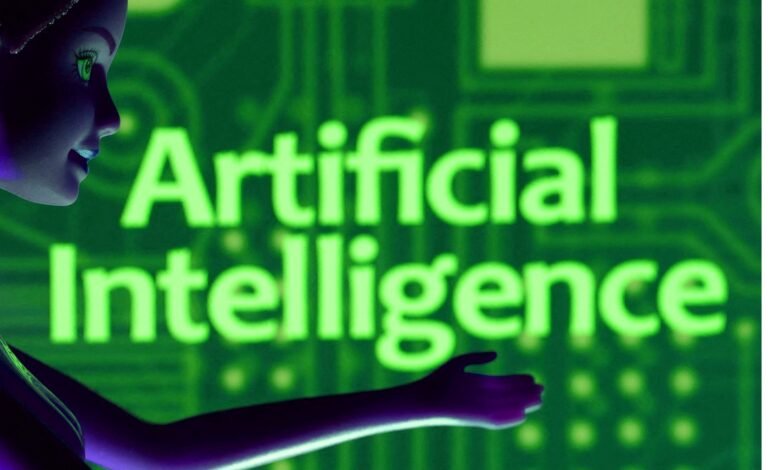
Artificial Intelligence (AI) is advancing at a rapid pace, and its integration into various aspects of our lives is becoming more pronounced each year. As we enter the year 2023, the future of AI holds great promise, but it also brings forth new challenges and opportunities. In this article, we will explore how individuals and businesses can effectively prepare for the future of artificial intelligence.
Artificial Intelligence
Before diving into the preparations for the future, let’s briefly understand what AI is. Artificial Intelligence refers to the development of computer systems that can perform tasks that typically require human intelligence. These tasks may include problem-solving, learning, speech recognition, visual perception, and decision-making.
Understanding the Current State of AI
To prepare for the future, it’s essential to have a clear understanding of the current state of AI. AI technologies are already prevalent in many industries, such as healthcare, finance, transportation, and entertainment. AI-driven applications are making significant contributions, streamlining processes, and enhancing user experiences.
Embracing Lifelong Learning
As AI continues to evolve, it’s crucial for individuals to adopt a mindset of lifelong learning. The technology landscape is continuously changing, and to stay relevant, one must continually update their skills and knowledge. Online courses, workshops, and training programs can be valuable resources to stay ahead in this dynamic field.
Ethical Considerations in AI
As AI becomes more integrated into society, it raises important ethical questions. Preparing for the future of AI involves considering the ethical implications of its use. This includes concerns about data privacy, algorithm bias, and the potential impact of AI on job displacement. Emphasizing ethics in AI development is crucial for creating a responsible and sustainable AI future.
Collaboration between Humans and AI
In 2023, it’s becoming increasingly evident that collaboration between humans and AI is more productive than an adversarial relationship. AI can assist humans in making better decisions, analyzing vast amounts of data, and automating repetitive tasks. Embracing this collaborative approach can unlock new possibilities and lead to more significant advancements.
The Role of AI in Business

Businesses need to recognize the transformative power of AI and its potential impact on their industries. AI can revolutionize customer service, predictive analytics, supply chain management, and more. Companies that proactively embrace AI technologies are more likely to gain a competitive edge and adapt to the changing business landscape.
Preparing the Workforce
Preparing for the future of AI requires investing in the workforce. Upskilling employees and empowering them to work alongside AI technologies can lead to a more efficient and agile organization. Additionally, organizations need to promote a culture of continuous learning and experimentation to foster innovation.
AI in Healthcare of Artificial Intelligence
The healthcare industry is poised to experience significant advancements with AI. From AI-powered diagnosis and treatment recommendations to personalized medicine, the potential to improve patient outcomes is immense. Healthcare professionals must understand and embrace AI to provide the best possible care.
AI in Education
Education is another sector that can benefit greatly from AI. Adaptive learning platforms, AI tutors, and personalized learning experiences can cater to individual student needs and enhance overall learning outcomes. To prepare for the future, educators should explore how AI can augment their teaching methods.
AI in Transportation
The transportation industry is on the cusp of a revolution with autonomous vehicles and AI-driven logistics. Preparing for this future involves addressing safety concerns, updating regulations, and integrating AI technologies seamlessly into transportation systems.
The Future Job Landscape of Artificial Intelligence
AI’s growing influence will undoubtedly impact the job landscape. While some jobs may be automated, new roles and opportunities will emerge as well. To prepare for this shift, individuals must develop skills that are difficult to automate, such as creativity, critical thinking, and emotional intelligence.
The Pervasive Influence of AI
Artificial Intelligence has become an integral part of our lives, from virtual assistants on our smartphones to autonomous vehicles. Its applications span across various sectors, including healthcare, finance, manufacturing, and entertainment. AI’s ability to process vast amounts of data and make informed decisions has led to increased efficiency and cost savings in industries, making it a highly sought-after technology.
AI and Job Displacement
While AI offers significant benefits, it also raises concerns about job displacement. Some traditional job roles might be automated, leading to workforce restructuring. Jobs that involve repetitive tasks, such as data entry and manual assembly, are at risk of being replaced by AI-driven automation. However, this displacement also opens up opportunities for reskilling and upskilling the workforce for more complex and creative roles.
The Rise of AI-Related Careers
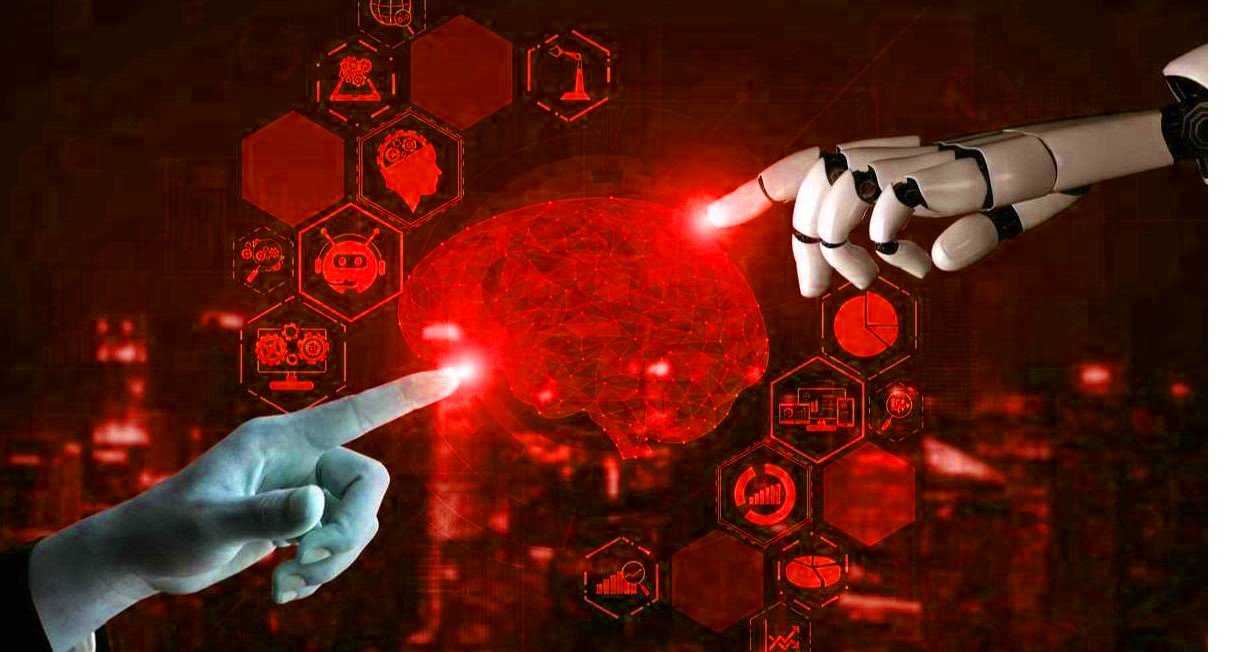
As AI technology evolves, it creates new job prospects that were once unimaginable. Several AI-related careers are in high demand:
Data Scientists and Analysts
Data scientists and analysts play a crucial role in extracting meaningful insights from vast data sets. They use AI algorithms and machine learning techniques to identify patterns, make predictions, and inform business decisions.
AI Engineers
AI engineers design and develop AI systems, including machine learning models and neural networks. They work on creating algorithms that can learn from data and improve over time, enabling AI systems to become more intelligent and accurate.
AI Ethicists
As AI becomes more pervasive, the need for AI ethicists arises. These professionals ensure that AI applications and systems are designed and used ethically, addressing issues like bias, privacy, and accountability.
AI Trainers
AI trainers are responsible for training AI models to perform specific tasks. They label and annotate data, enabling AI systems to recognize and interpret patterns accurately.
Robotics Specialists
The integration of AI and robotics has given rise to the need for robotics specialists who can design, program, and maintain intelligent robotic systems used in manufacturing, logistics, and healthcare.
Virtual Reality Developers
AI and virtual reality (VR) often go hand in hand. VR developers use AI to create immersive and interactive experiences, such as virtual simulations for training purposes or entertainment.
Developing Skills for the AI Era of Artificial Intelligence
To thrive in the AI-dominated job market, individuals need to acquire specific skills:
Technical Proficiency
Proficiency in programming languages like Python, R, and Java is essential for AI-related roles. Understanding algorithms, statistics, and data analysis is also vital.
Adaptability and Continuous Learning
As AI technology evolves rapidly, professionals must be adaptable and committed to lifelong learning. Staying updated with the latest advancements is crucial in this dynamic landscape.
Creativity and Critical Thinking
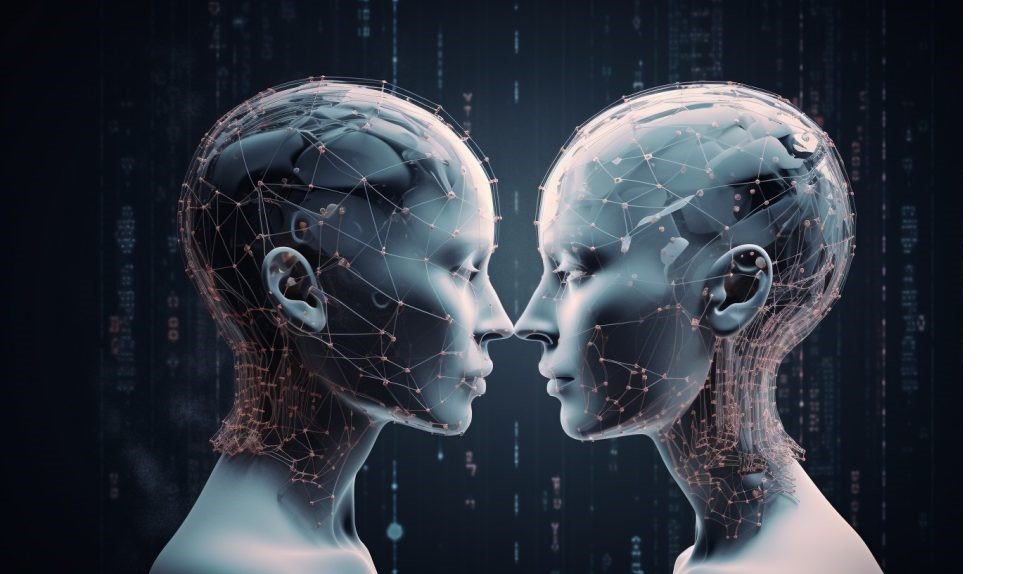
AI excels at processing data, but creative and critical thinking are uniquely human qualities. Professionals who can leverage
Conclusion
As we navigate the ever-evolving landscape of AI in 2023 and beyond, preparation is key to unlocking its full potential. Embrace lifelong learning, consider ethical implications, collaborate with AI, and invest in the future-ready workforce. By doing so, we can shape a future where AI serves as a force for positive change, enhancing human lives and driving innovation.
Read more : How to Stay Motivated Even When Things Get Difficult 2023
FAQs(Artificial Intelligence )
Will AI completely replace human jobs?
While AI may automate certain tasks, it is unlikely to completely replace human jobs. Instead, it will transform job roles, creating new opportunities.
How can businesses start implementing AI?
Businesses can start implementing AI by conducting thorough research, identifying use cases, and collaborating with experts in the field.
What are the privacy concerns associated with AI?
AI raises concerns about data privacy and security. To address this, organizations should prioritize robust data protection measures.
Can AI be biased?
Yes, AI can be biased if the training data used to develop AI models is biased. Ensuring diverse and unbiased training data is crucial.
How can individuals prepare for AI-driven changes?
Individuals can prepare for AI-driven changes by staying updated on AI advancements, improving their digital skills, and embracing a growth mindset.
Read more : How to Enable USB Debugging on a Locked Phone in 2023





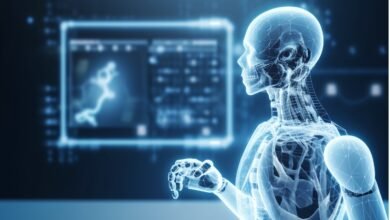

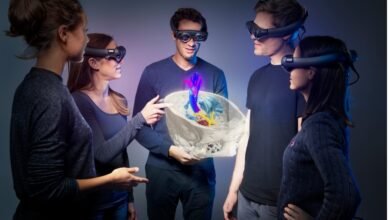
2 Comments